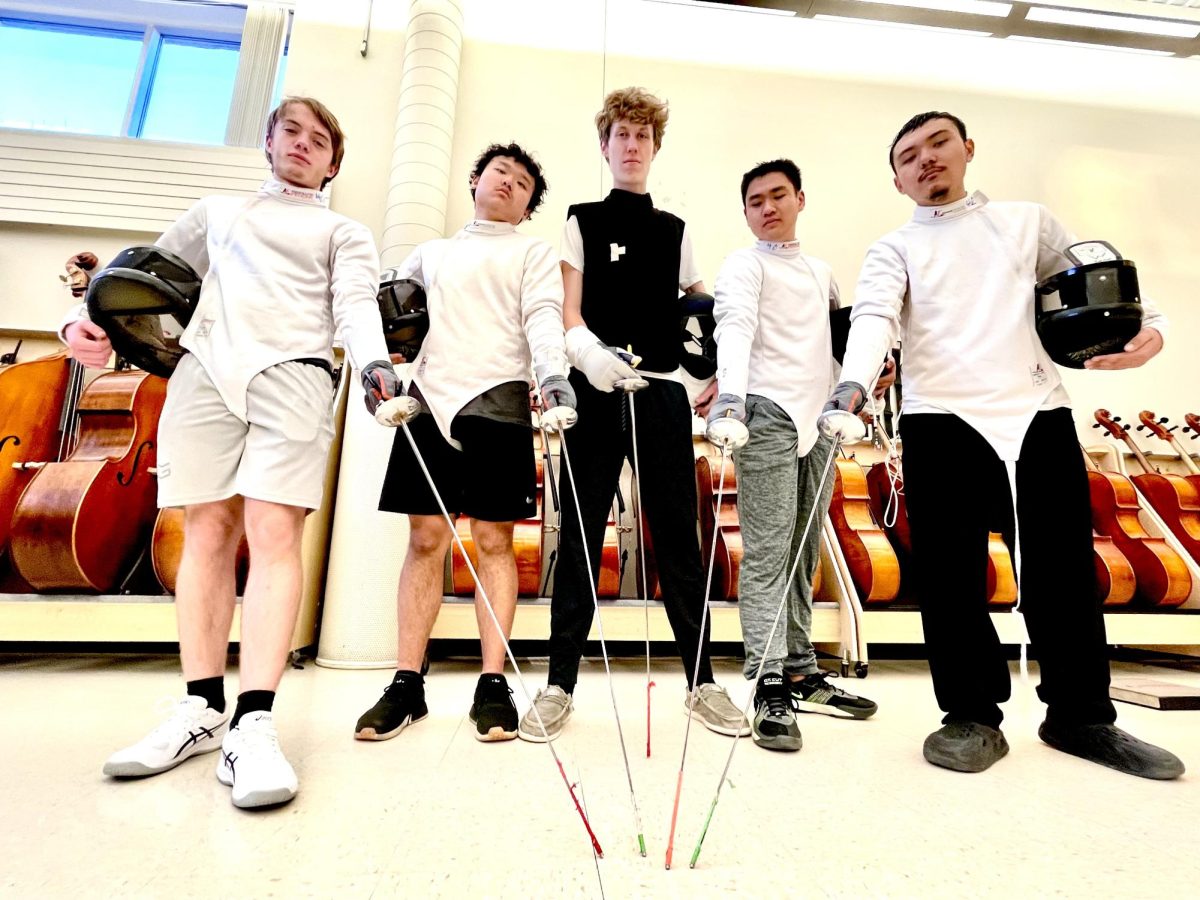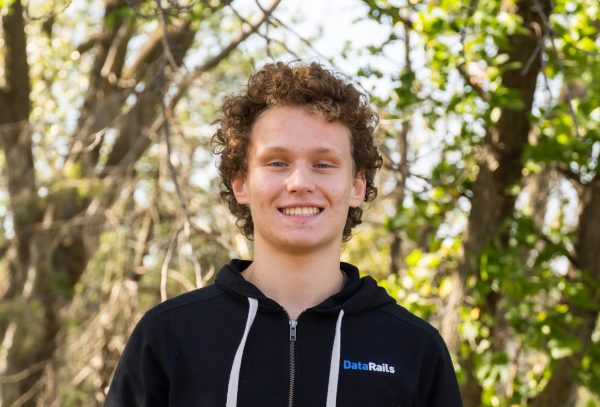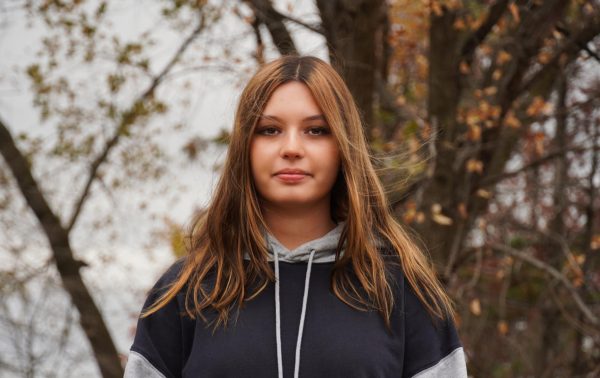In recent years, universal private school vouchers have become increasingly popular in the United States. Vouchers work by providing students who choose to attend a private school with state money to help pay for the costs of attendance. Previously, private school vouchers limited their benefits to low-income families or poorly performing school districts, but some states are now expanding these programs to all students. Similarly, Republican lawmakers in Minnesota have advocated for the creation of education savings accounts that allow public school money to follow students switching to private schools.
This growth in popularity can be attributed to the division over public school curriculum. A 2023 Gallup poll reveals that 63% of Americans show some level of dissatisfaction with the quality of public education. In theory, giving all students the opportunity to attend private schools would let families provide their children with a better education, leading to better education outcomes, according to proponents of vouchers. However, universal private school vouchers do not benefit all students.
In 2022, Arizona became the first state to implement universal, state-funded private school vouchers — $7,200 annually for every student who chose to attend a private school. However, states like Arizona fail to recognize that the average private school tuition is higher than the amount of money given in vouchers. The Education Data Initiative found that K-12 private schools in the U.S. cost $12,350 per year on average. In this case, the difference in money offered in vouchers like those in Arizona and the cost of private schools is vast.
Such amounts of money remain unfathomable for many families with lower incomes, preventing their children from attending most private schools. In fact, according to the Arizona Department of Education, 75% of students using vouchers had already been enrolled in a private school. Thus, vouchers simply put more money into the hands of students who could already afford private school.
Moreover, according to Joshua Cowen, a professor of Education Policy at Michigan State University, prestigious private schools often decline to participate in voucher programs, meaning vouchers do not bring any advantages to lower-income students. Plus, selective private schools often evaluate applicants on rigorous admissions criteria that are inadvertently influenced by income.
To demonstrate, the Blake School in Minneapolis requires students from grades 6-12 to take the Secondary School Admissions Test, provide school transcripts and recommendation letters from previous teachers and write essays for online applications. Such elaborate applications give advantages to students from higher income families because they typically attend better funded schools that have more resources to ensure academic success.
Even if a student can afford and receives an acceptance to a private school, voucher programs still have drawbacks. For instance, states with smaller voucher programs, such as Washington D.C. and Ohio, saw test scores drop by -0.15 to -0.50 standard deviations for students who have participated in the programs since their implementation two decades ago. Part of the pattern can be attributed to the fact that private schools do not have to meet the same requirements for administering state tests or reporting on student outcomes as public schools, giving them more room for unaccountability.
Although giving students the opportunity to choose to attend private schools may have benefits, giving every student money to attend one does not make sense. Lawmakers claim to have many reasons for implementing universal private school vouchers, but they need to recognize that universal vouchers will further engrain inequality into our education system.


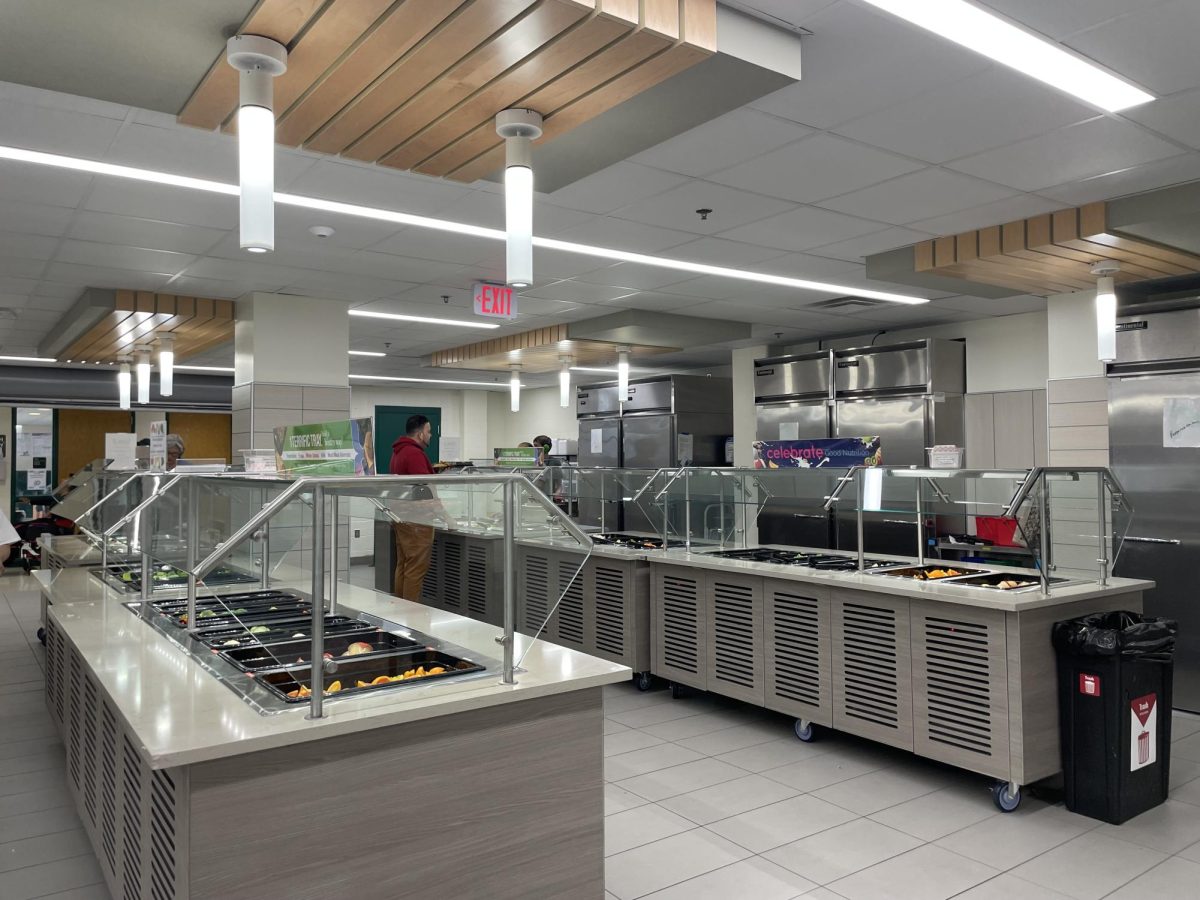
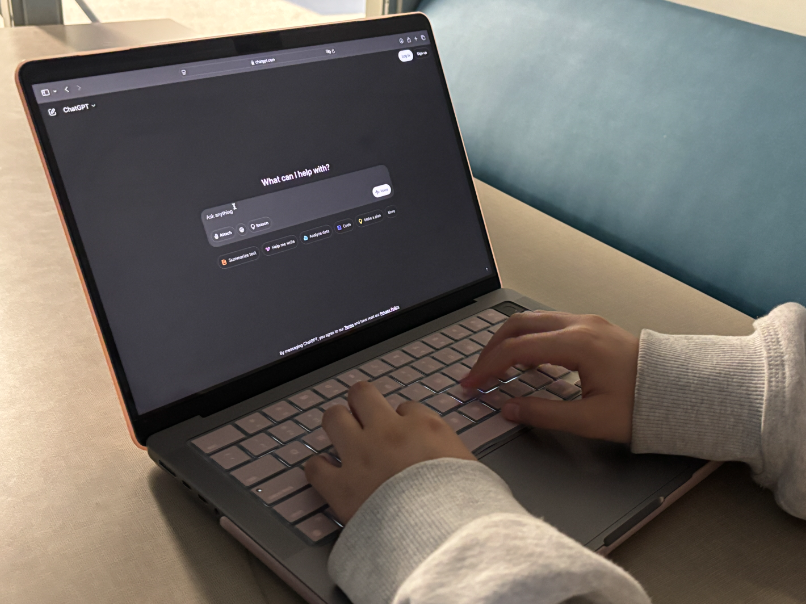










![[DEBATES] Prestigious colleges: value or hype?](https://www.mvviewer.org/wp-content/uploads/2024/12/buildings-1200x654.png)
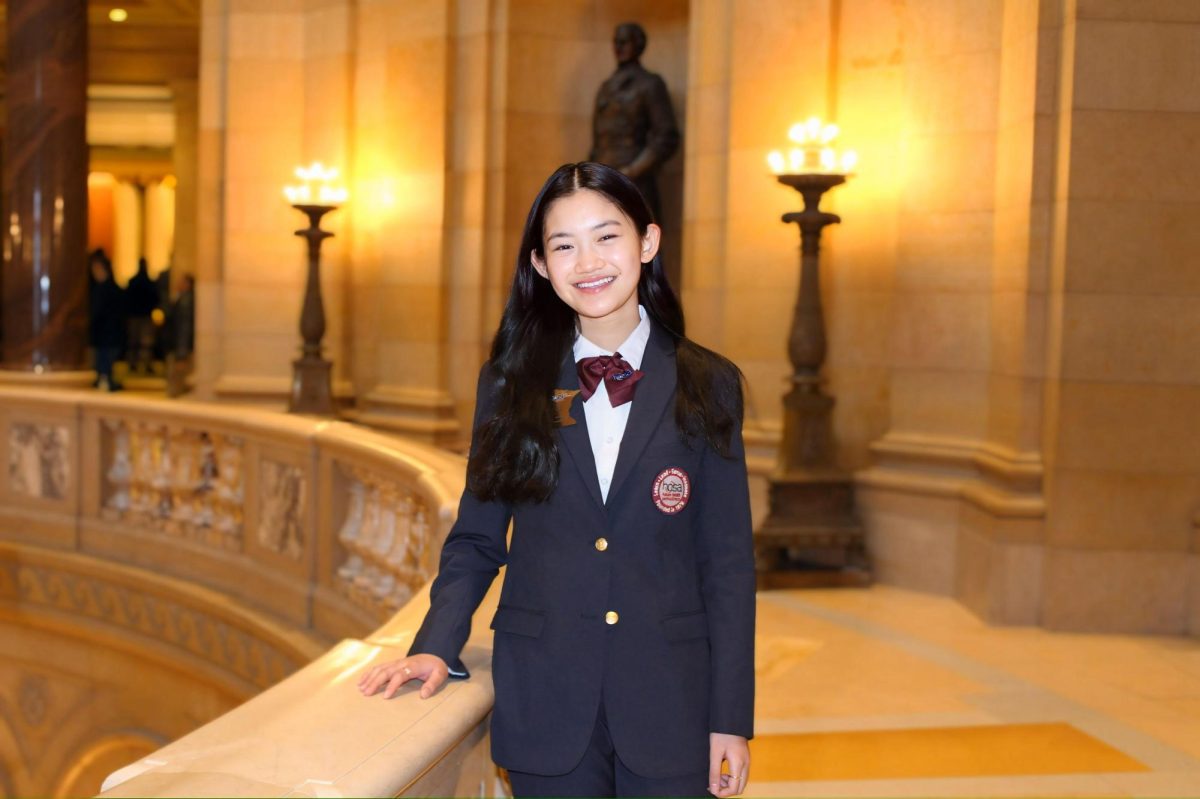

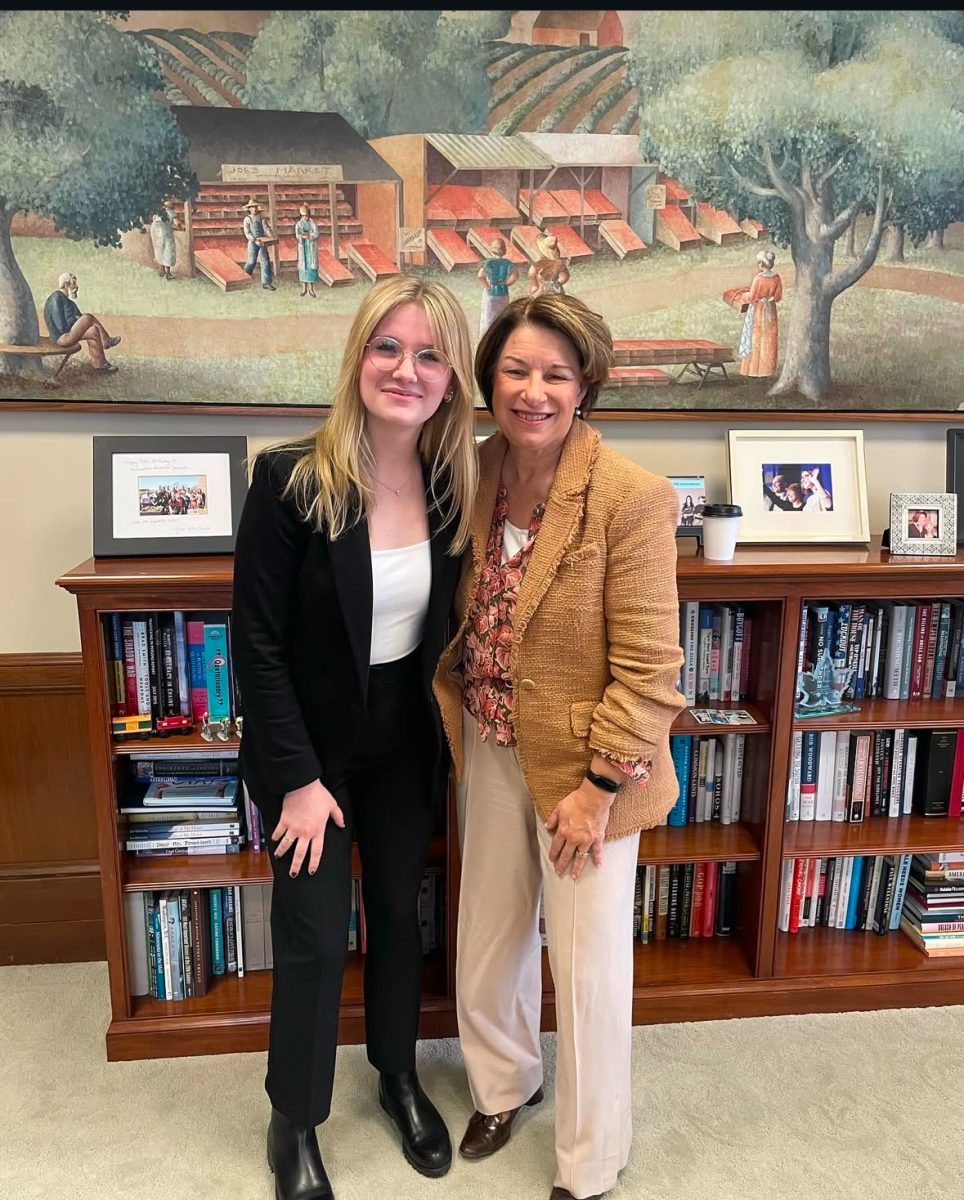



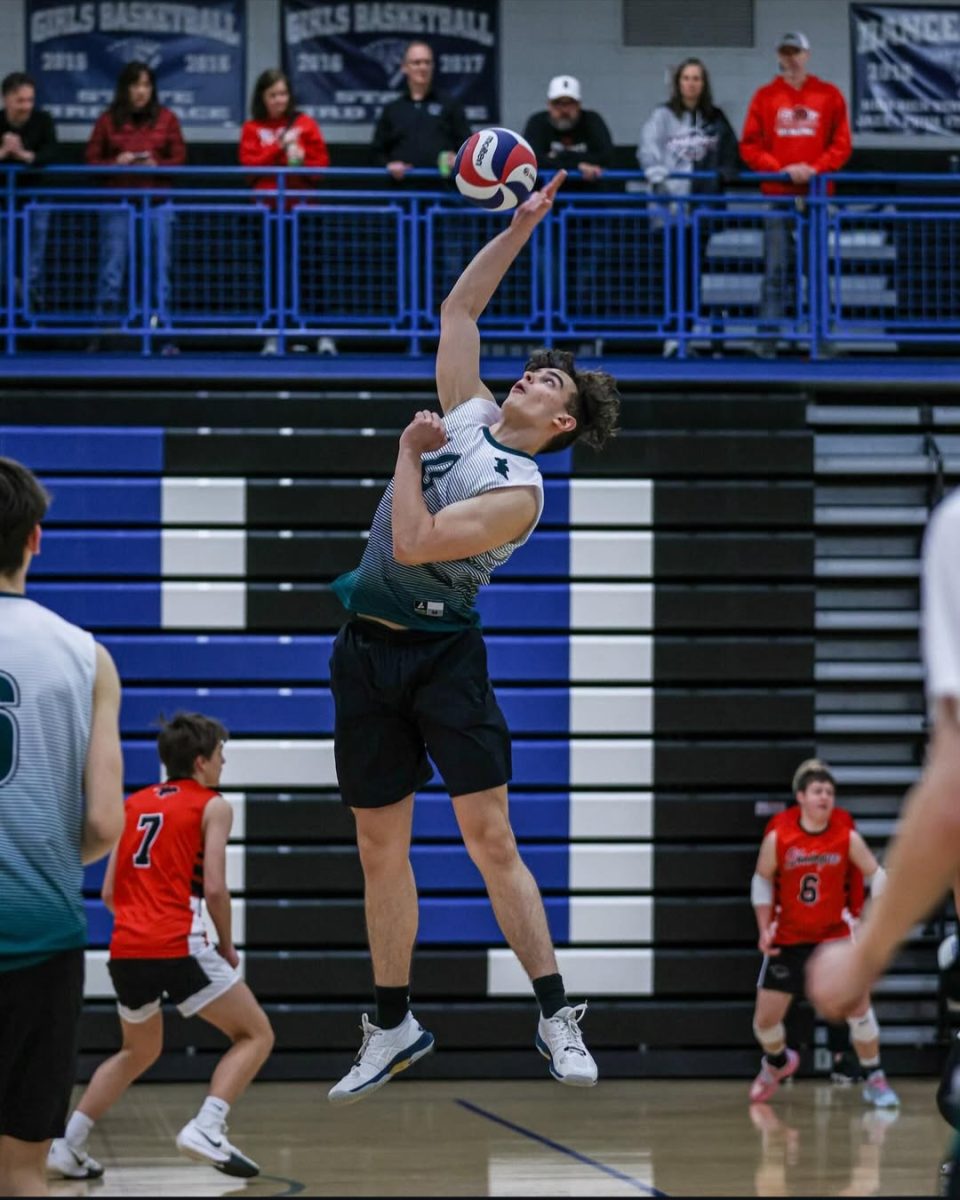
























![[OPINION] The dark origins of TikTok's looksmaxxing trend](https://www.mvviewer.org/wp-content/uploads/2024/02/Copy-of-Copy-of-Untitled-Design-1200x675.png)









![[OPINION] Universal school vouchers don’t give universal opportunity](https://www.mvviewer.org/wp-content/uploads/2023/11/Screenshot-2023-11-13-193420-1200x528.png)


